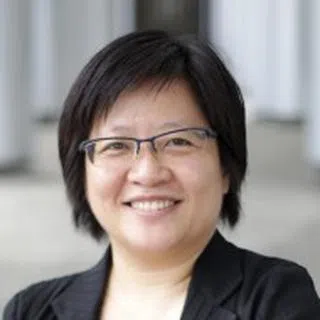What Prabowo's victory could mean for Indonesia-China relations
Based on current vote counts, Defence Minister Prabowo Subianto is set to clinch the Indonesian presidency after two previous losses against incumbent President Jokowi. Observers believe that Prabowo is riding on the popularity of Jokowi and could continue on the diplomatic path of non-alignment set out by the latter. Lianhe Zaobao associate editor Han Yong Hong takes a look at what Prabowo's victory could mean for Indonesia-China relations.
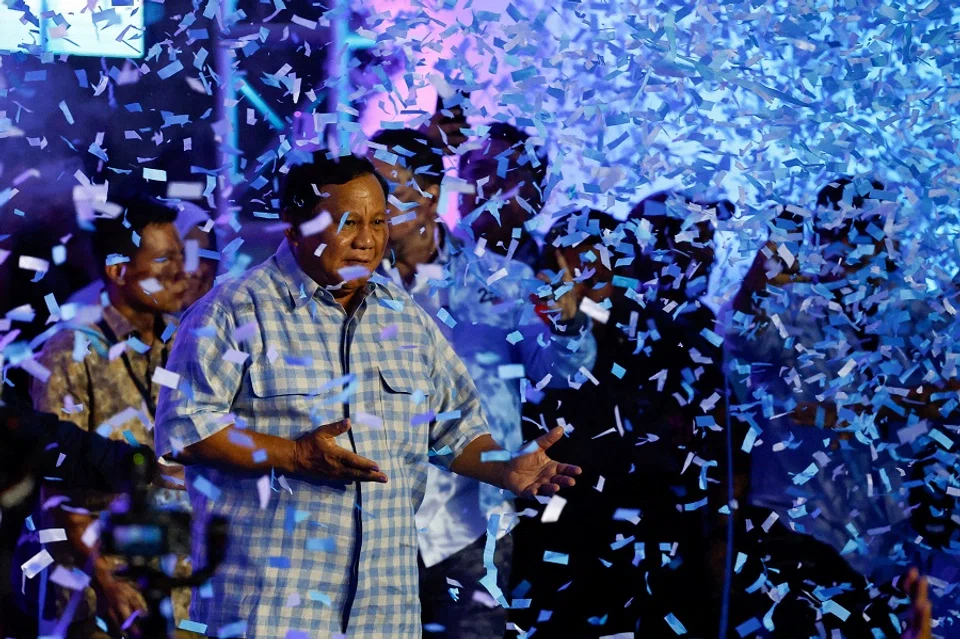
On 14 February, Indonesia - ASEAN's largest economy, the world's fourth largest population with the largest Muslim population of any country in the world - held the world's biggest single-day election. Prabowo Subianto, 72, a former military general, was firmly ahead of his rivals in the race, winning at least 57% of votes based on reliable unofficial vote counts in the first round. Set to win in one round, Prabowo claimed victory that night.
Riding on Jokowi's popularity
Observers generally think that Prabowo's winning formula is inseparable from one person: Indonesian President Joko "Jokowi" Widodo. Prabowo had previously run for presidency thrice, with two loses to Jokowi. This time, he picked Jokowi's eldest son, 36-year-old Gibran Rakabuming Raka as his running mate, ultimately riding on Jokowi's popularity to win the race.
International media rushed to publish articles anticipating Prabowo's foreign policy. This enthusiasm is not out of curiosity about Prabowo, but with an eye to Indonesia's unique position and the present context of China-US rivalry and even confrontation.
As ASEAN's largest economy, Indonesia is a key battleground in the fight for economic and political influence between China and the US - whoever leads Indonesia will have a significant impact on the regional geopolitical landscape. Although Western media showed its anxiety about this, Chinese public opinion kept silent and took a cautious wait-and-see approach.
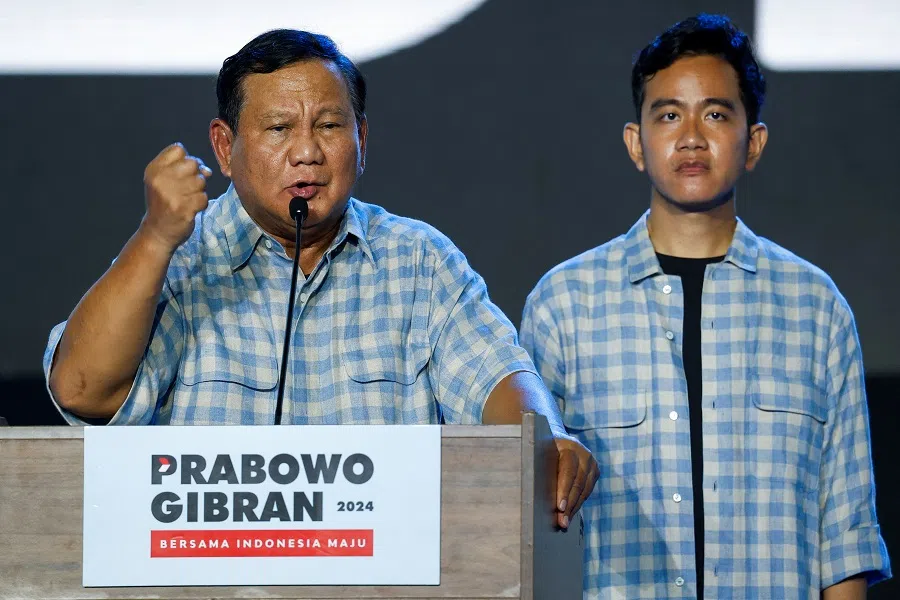
With a population of more than 270 million, Indonesia is described as a middle power. Around 2012, the country was also labelled a "global swing state". This term refers to the four to six countries such as India, Brazil and Turkey that are characterised by their large and growing economies, strategic locations and largely stable democracies.
Western commentators call them "swing states", implicitly criticising them for being doubtful about some elements of the US-led global order, for not choosing sides between China and the US or the US and Russia, and for refusing to position their roles within the paradigm of China-US rivalry, but instead switching partners as needed.
Simply put, these states are practising independent and pragmatic diplomacy, or trying to benefit from both sides. Certainly, the countries in question do not think that this is "swinging", but "balancing" instead.
... compared with Jokowi, the Western-educated Prabowo would be even more proactive on the international stage, and will seek to "make Indonesia great again".
Continuing Jokowi's diplomatic path
Jokowi represents Indonesia's balanced diplomacy; although some Western commentators think that he may have been "balancing" more towards China. Jokowi visited China five times, among which three were made between July 2022 and October 2023 alone. He even attended the opening ceremony of the World University Games in Chengdu.
Because of this diplomatic positioning, Jokowi secured a significant amount of Chinese trade and investments for Indonesia, including a US$7.3 billion Jakarta-Bandung high-speed railway project, of which China has a 40% interest in.
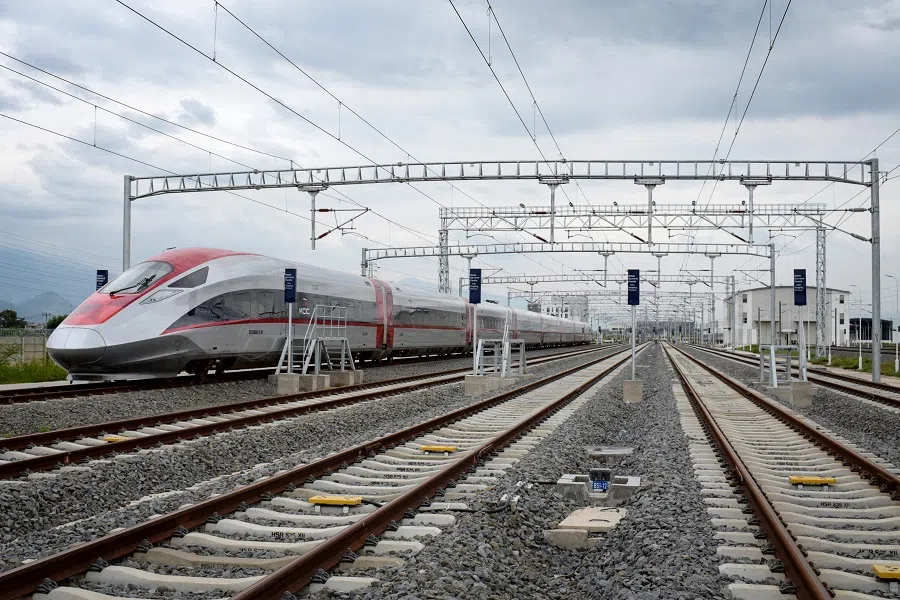
Due to Indonesia's positive attitude and international standing, Beijing naturally has a high regard for Jokowi. However, Indonesia has yet to abandon its traditional preference for non-alignment - when BRICS expanded last year, Indonesia decided not to join, presumably to avoid being seen as joining the China and Russia camp.
Indeed, China will be focused on whether Prabowo would continue on Jokowi's diplomatic path, or take an entirely different path just as the Philippines did when its presidency changed hands.
Prabowo's "unpredictability" refers to his fickle-mindedness. During the 2019 electoral race, Prabowo at one point attacked Jokowi on an anti-Chinese narrative, criticising Chinese workers for stealing jobs from Indonesians.
The signs are pointing towards the fact that compared with Jokowi, the Western-educated Prabowo would be even more proactive on the international stage, and will seek to "make Indonesia great again".
Prabowo was born into a prominent family. His paternal grandfather is the founder of Bank Negara Indonesia, while his father is an acclaimed economist who served as a cabinet minister and then went into exile overseas for ten years because of ideological differences with the Sukarno government. Prabowo grew up in Europe, and according to reports from past years, the young Prabowo was an idealist and a fervent nationalist. After returning to Indonesia at the age of 17, he voluntarily enrolled in a military academy, and later married then President Suharto's daughter.
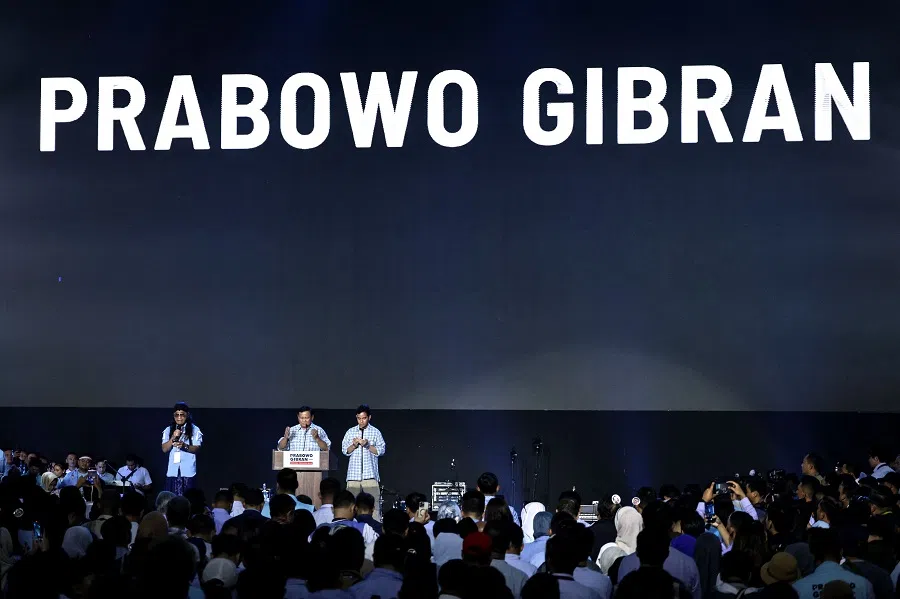
From the 1970s to the 1990s, as commander and leader of the special forces, Prabowo was put in charge of military operations to suppress the East Timor independence revolution. During the anti-Chinese riots in 1998 in Indonesia, he was involved in the kidnapping and abuse of activists, and was accused of being the mastermind behind some atrocities. These human rights issues led to Prabowo's 20-year ban from entering the US; it was only lifted after 2019 when Jokowi appointed him as defence minister.
... given his military background, Prabowo would most likely hold a tougher stance on the territorial issues in the South China Sea.
More aggressive stance on territorial disputes
Western media described Prabowo (普拉博沃) as "unpredictable", and a right-leaning nationalistic leader in the same vein as former US President Donald Trump (特朗普) and Russia's President Vladimir Putin (普京). Some from the Chinese media made the joke that since all three leaders shared the word pu (普) in their names, they shared "universal values" (普世价值, pushi jiazhi), or "pu family values" (普氏价值, pushi jiazhi).
Prabowo's "unpredictability" refers to his fickle-mindedness. During the 2019 electoral race, Prabowo at one point attacked Jokowi on an anti-Chinese narrative, criticising Chinese workers for stealing jobs from Indonesians. He sang a different tune this year, claiming that he will continue on the diplomatic path set by Jokowi and stressing that he respects China and also likes the US. With regard to the Indonesia-China South China Sea and North Natuna Sea territorial dispute, Prabowo has stated that it is "quite a big problem" but has also advocated dealing with it through diplomatic means.
Perhaps China need not be overly concerned about Prabowo's diplomatic approach; as someone who was once sanctioned by the US and with the fiery disposition of a former general, it is likely that he would not have too rosy an opinion of Western countries.
Notably, given his military background, Prabowo would most likely hold a tougher stance on the territorial issues in the South China Sea. During a presidential debate, he advocated for Indonesia to reinforce its maritime defence capabilities so as to defend itself in the North Natuna Sea.
... Prabowo still has to deal with his relationship with Jokowi, and the "kingmaker" Jokowi would most likely continue to wield his influence.
Jokowi's continued influence
Much attention is on whether Prabowo would once again change tack after he assumes office and "walk his own path", but it is likely that a non-alignment approach that focuses on economic interests would continue to be the main thrust of Indonesia's diplomacy. Moreover, Prabowo still has to deal with his relationship with Jokowi, and the "kingmaker" Jokowi would most likely continue to wield his influence.
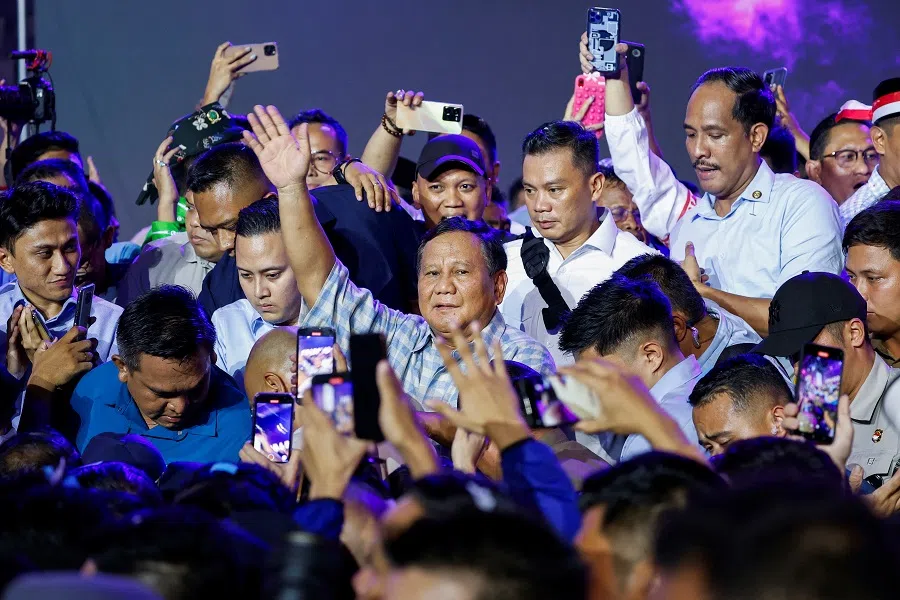
Jokowi's eldest son Gibran is set to become the next vice-president, and will most likely seek to become president himself in the future. Meanwhile, Jokowi's youngest son Kaesang is already the chair of a small political party - step by step, Jokowi's political plans are being laid out.
Jokowi and his family would still have many avenues for direct or indirect cooperation with China - and he would most likely continue to be an "old friend" of the Chinese people.
This article was first published in Lianhe Zaobao as "印尼新总统普拉博沃会让中国担忧吗?".
